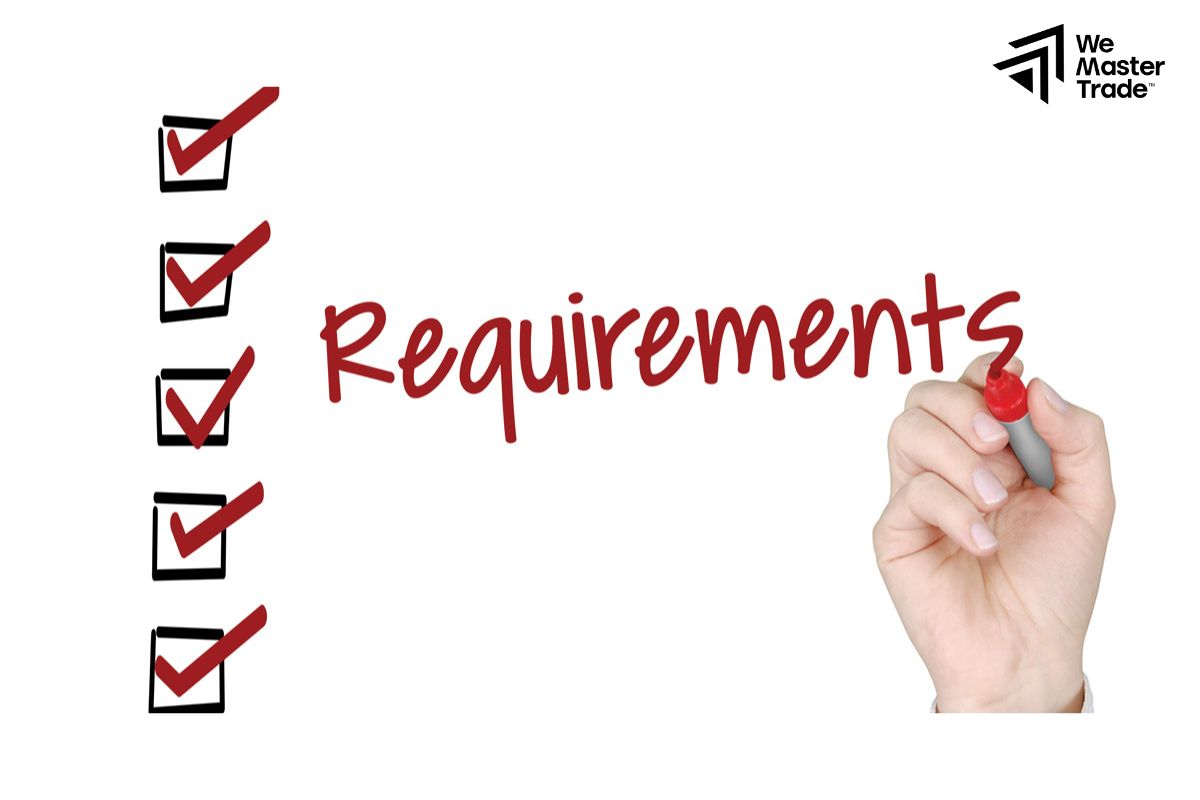In recent years, prop firms have become an attractive option for traders looking to scale up without risking their own capital. But to become a funded trader and earn profit splits, you must pass strict evaluations and prove your true skills. In this blog, you’ll find the most practical and detailed guide to prop firm success.
See more:
- Building Prop Firm Relationship: 4 Principles Every Trader Should Know
- 5 Tips to Become a Smart Prop Firm Trader
- 5 Effective Ways to Save Prop Firm Costs for Traders
What Is a Prop Firm?

A prop firm (short for proprietary trading firm) is a financial company that funds skilled traders in exchange for a share of the profits.
Instead of using personal funds, traders use the prop firm’s capital to trade. If the trades are profitable, the trader receives a profit split (typically between 70–95%). If there’s a loss, the firm absorbs the risk—as long as the trader follows the risk management rules.
The Guide to Prop Firm Success
Joining a prop firm is not only a chance to access larger capital, but also a turning point in your professional trading career. However, to pass the firm’s rigorous evaluation process, you must be well-prepared and follow a clear strategy. Below is a step-by-step guide to prop firm success to help you increase your chances of becoming funded.
Step 1: Understand Each Prop Firm’s Requirements
Each prop firm has its own evaluation system, but most require you to meet some basic criteria such as:
- Achieve a minimum profit target, usually from 8% to 10%
- Stay within the risk limits, including:
- Daily loss limit
- Maximum drawdown
- Complete the challenge within a specified timeframe, typically 10 to 30 actual trading days

Example: A prop firm may require you to generate a 10% profit within 30 days without your account dropping more than 5% at any point. This requires more than a solid strategy—it demands discipline and strong emotional control.
Step 2: Choose the Right Program
Not all prop firms offer the same products or trading conditions. Some focus on Forex, while others support stocks, indices, or futures. Following the guide to prop firm success—choosing a program that aligns with the markets you’re already familiar with—can significantly boost your success rate.
Also, make sure to review specific conditions, such as:
- Can you hold trades overnight?
- Are you restricted from trading during major economic news releases?
- Are there limits on the number of lots or position size per trade?
Step 3: Calculate the Costs
To participate in an evaluation program, you’ll need to pay a fee—depending on the firm’s model:
- One-time fee: You pay once for a single evaluation round
- Subscription fee: You pay monthly until you pass the challenge

Typically, fees range from $100 to $300 depending on the account size you choose ($10k, $50k, $100k, etc.).
Once you pass the challenge, you’ll receive a real funded account and earn an attractive profit split—usually between 75% to 95%. Some prop firms even increase your split if you maintain consistent performance over time.
How to Pass a Prop Firm Evaluation?
Once you understand the requirements and choose the right program, the next step is to prepare thoroughly for the evaluation—the first and most critical step to becoming a funded trader.
Here are 4 essential principles from the guide to prop firm success:
Use a Proven Trading Strategy
Evaluation periods are limited, so don’t experiment with untested systems. Use a strategy you are familiar with—ideally one backed by a journal, backtests, and stable performance in demo or live accounts.
Practice Strict Risk Management

Many traders with good strategies still fail due to violations like daily or total drawdown. Focus on capital preservation, stick to a rational risk/reward ratio (e.g., 1R:2R), and never exceed your daily loss limit.
Maintain Emotional Control
Trading under time pressure and risk of losing fees can lead to FOMO, revenge trading, or overtrading. Stick to your process, avoid emotional decisions, and schedule breaks between sessions.
Keep a Daily Trading Journal
Log your trades, emotions, and entry reasons. This helps you understand your strengths and weaknesses and adjust when necessary. This is one of the most important and professional practices in guide to prop firm success—and top traders all do it.
Choose a Reputable Prop Firm
Trading skill alone isn’t enough—choosing the right prop firm lays the foundation for sustainable growth. Some firms offer transparent conditions, strong support, and high profit splits. Others are unclear, slow to pay out, or have overly strict rules.

When evaluating prop firms, consider:
- Community reviews: Honest feedback from other traders offers real-world insight
- Payout policy: Is it easy to withdraw profits? Are the processes fast and transparent?
- Trading conditions: Spreads, servers, latency, and technical limitations
Conclusion
In summary, succeeding with a prop firm requires a well-rounded approach to strategy, psychology, and risk management. With thorough preparation, strict discipline, and smart firm selection, you can unlock professional trading opportunities and achieve sustainable income growth with a reputable prop firm.
See more:











